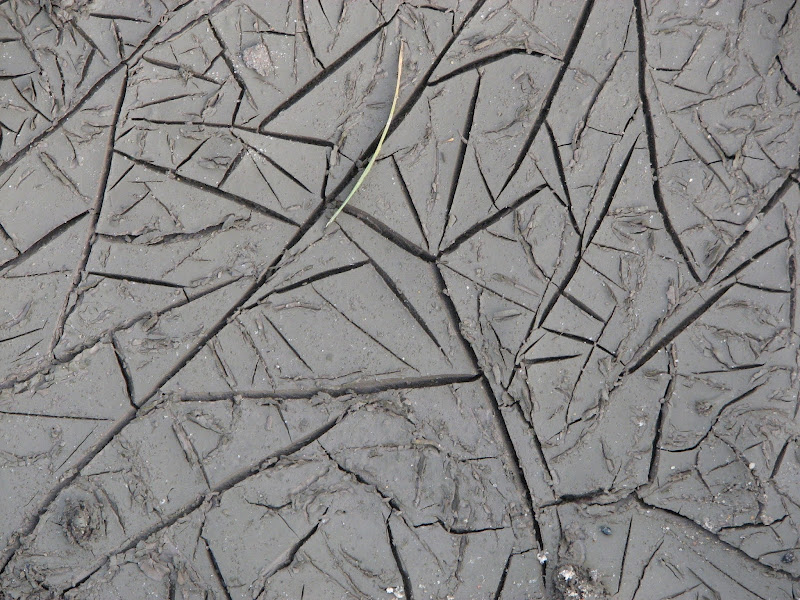Popular insecticides harm birds in the United States

Nature Sustainability The increased use of neonicotinoid pesticides in the continental United States may have impacted bird populations and reduced bird diversity, according to a paper published this week in Nature Sustainability. Overall tree swallow populations declined by 49% between 1966 and 2014, according to the North American Breeding Bird Survey. A PinP photo. Bird biodiversity is declining at a marked rate. Bird populations in the United States have decreased by 29% since 1970, which has been attributed to various factors including the increased use of pesticides in agricultural production. Nicotine-based pesticides — known as neonicotinoids — have been used increasingly in the United States over recent decades. Previous research has shown that neonicotinoids are potentially toxic to birds and other non-target species. However, the impact of these pesticides on bird diversity in the United States is unclear. Madhu Khanna and colleagues studied the eff




